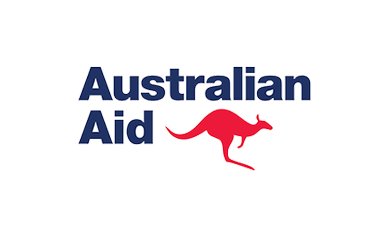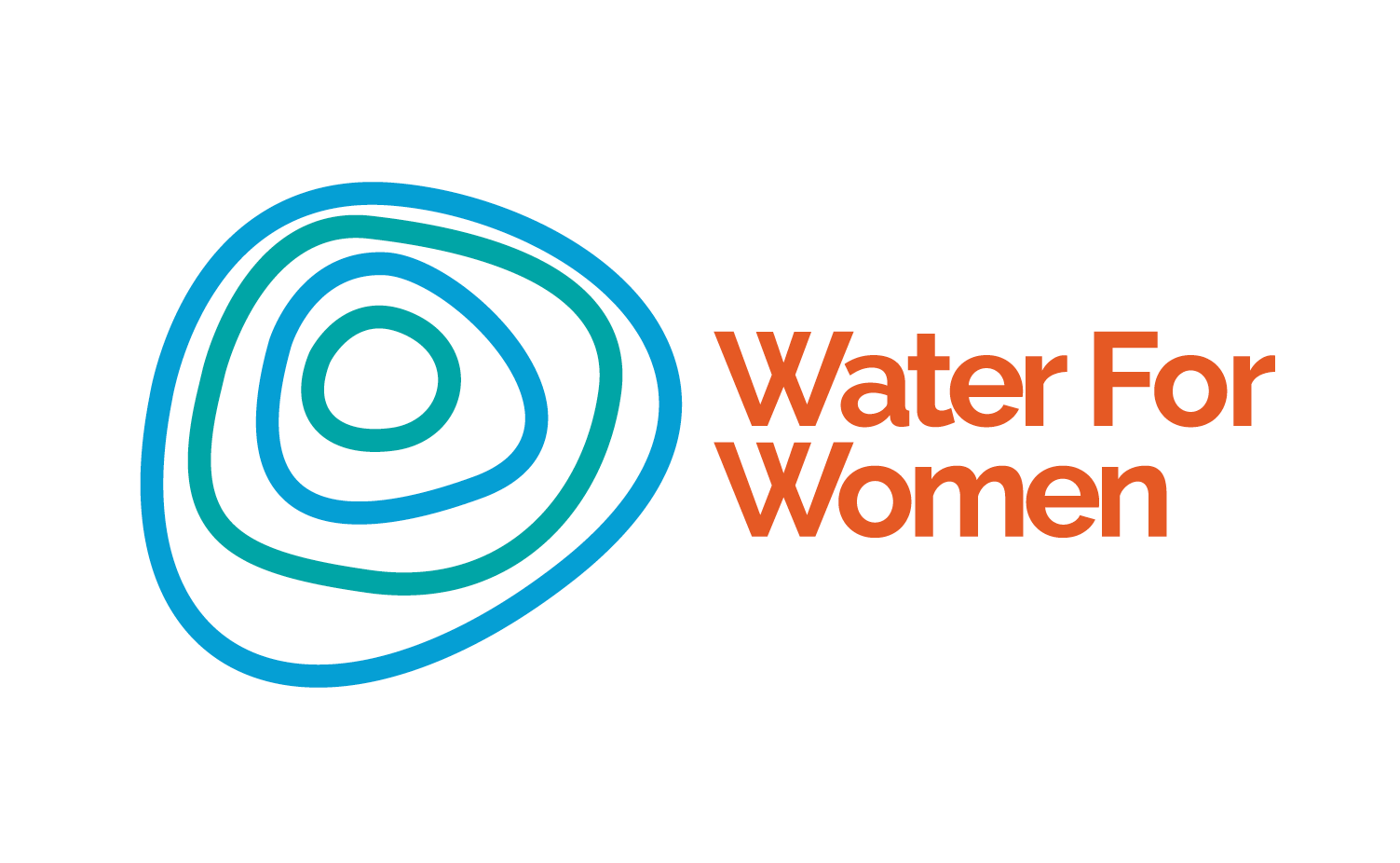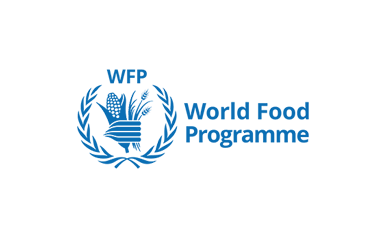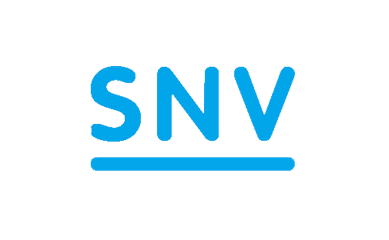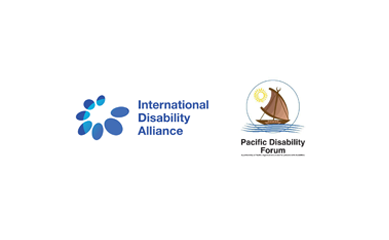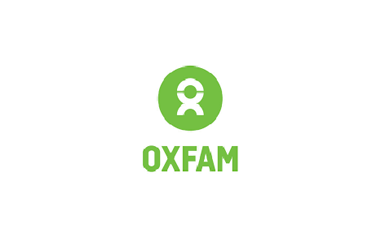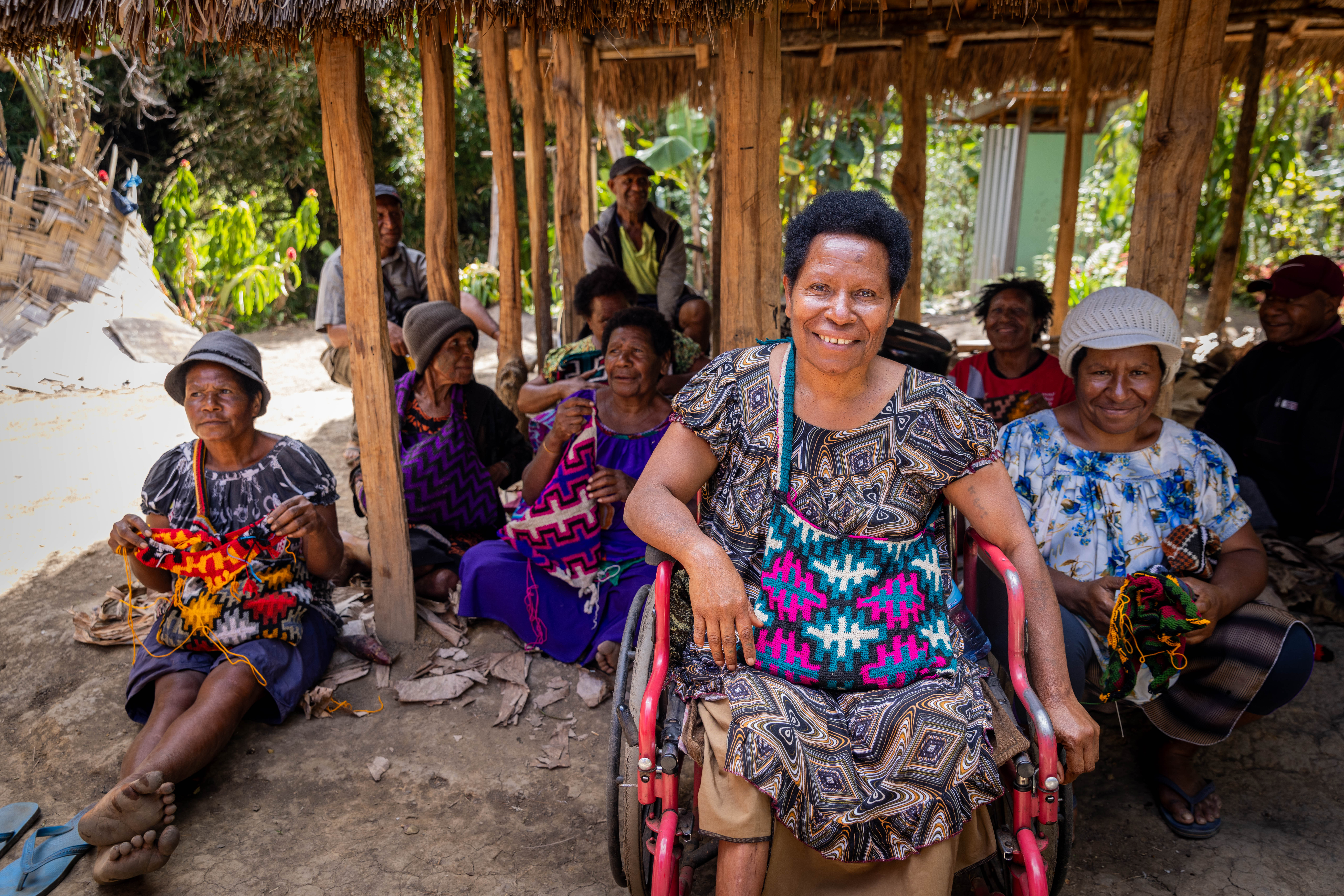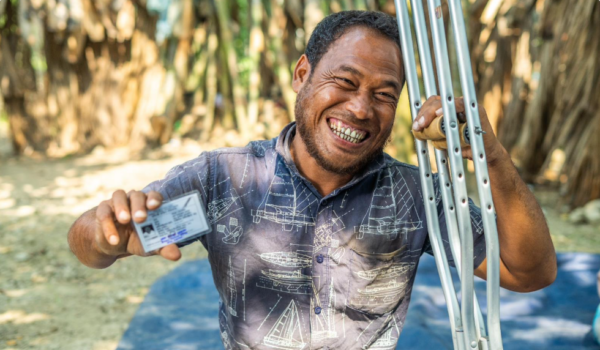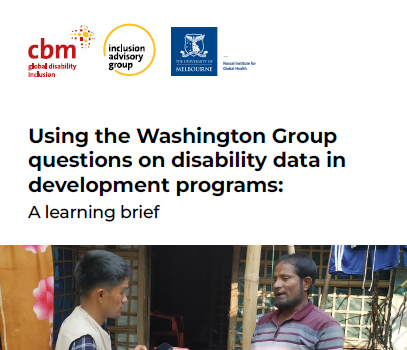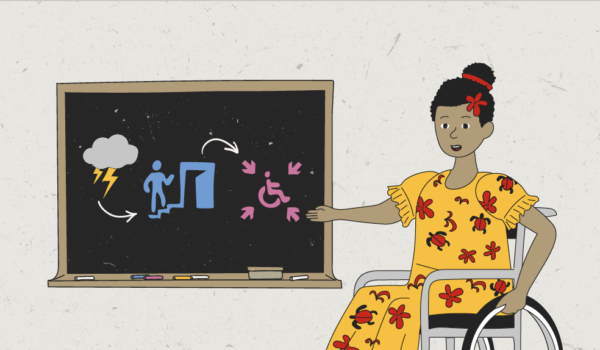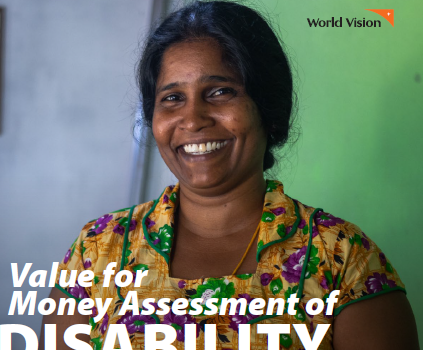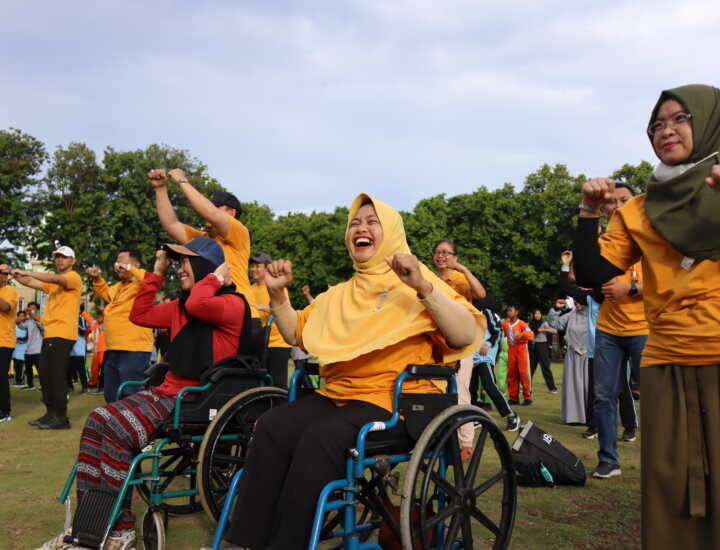Who is Inclusion Advisory Group Australia?

The Inclusion Advisory Group (IAG) is part of the CBM Global federation. IAG is made up of a global network of advisors and researchers working in partnership with the disability movement to spark systemic change for inclusion. We work in teams based in many countries around the world, including in Australia, the UK, Switzerland, Ireland, Nigeria, Zimbabwe, Philippines, Indonesia, Bangladesh and more.
Advising others is a key way of working, captured in CBM’s three ‘vehicles of change’. Combined with our advocacy and field programs, including our humanitarian work, and together with the Disability Movement, we seek to create global and systemic policy change, as well as impact on the ground in the lives of individuals, their families and communities.
Our flagship team in Australia is our largest
IAG’s global advisory network and approach have evolved from the early work of IAG Australia. IAG’s Australia team has a particular focus on the Asia and Pacific region, contributing more than a decade of advisory and capacity-building experience.
Why we exist

CBM has been working for over 115 years to address the link between poverty and disability.
CBM Australia advocated for disability to be recognised as a rights and development issue alongside our allies, such as the Pacific Disability Forum. The Australian aid program responded and created a disability inclusion strategy. This created demand for practical ‘how-to’ support to implement disability inclusion across the aid program.
In response, IAG Australia have supported the Australian sector to implement a rights-based approach to disability-inclusive development and humanitarian action for the past 15 years. This includes successive technical partnerships with the Australian Government Aid program since 2009.
We now work with a range of clients across Asia and the Pacific region and beyond. We continue to strengthen our understanding of region-specific disability issues, including through our valued and critical OPD partnerships such as with the Pacific Disability Forum.
Our people

IAG Australia consists of a large team of in-house advisors, and we draw on a pool of associates and consultants.
What we do

We provide disability inclusion advice and capacity building to governments, UN agencies, development banks, managing contractors and international and local NGOs in collaboration with the Disability Movement.
We help create change in organisations and institutions through technical advice, change facilitation, capacity strengthening and sharing evidence of what works.
We have worked with a wide range of Australian development organisations, such as the Australian Department of Foreign Affairs and Trade (DFAT), World Vision Australia, RedR, UNICEF Australia, and within Australian Funds and Programs, such as the Australian Humanitarian Partnership, Water for Women, Pacific AHP Disaster READY Program, the Timor-Leste Partnership for Human Development, and the Australia Indonesia Partnership for Economic Development. We also work with critical organisations in the Asia and Pacific regions alongside OPD partners, such as our work with Asian Infrastructure Investment Bank, Asian Development Bank, and the World Bank.
Our approach

Our unique approach using multi-skilled teams in partnership with the disability movement provides clients with high quality, tailored advice.
Our work in action
Here are some of IAG’s recent projects.

